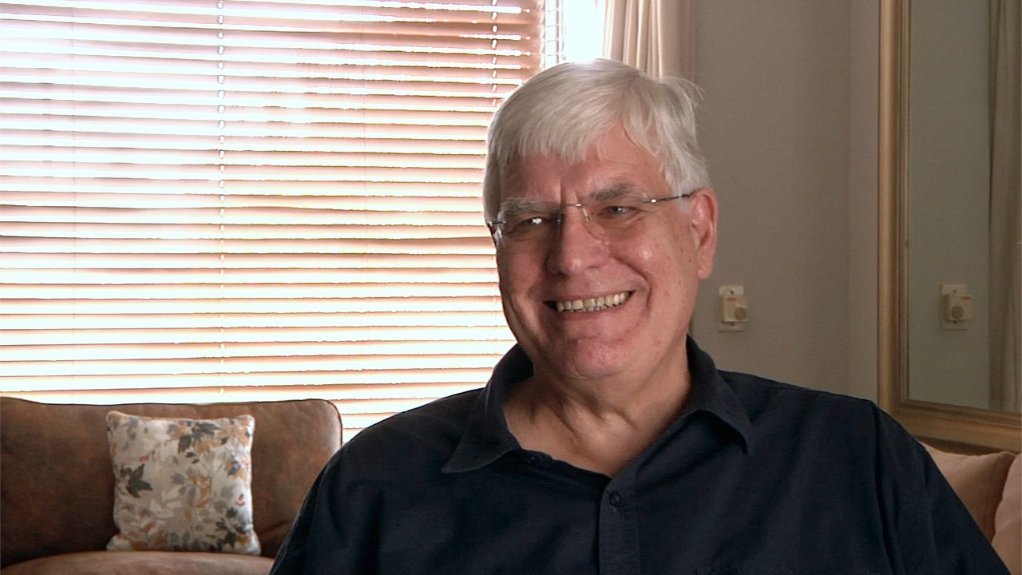The party with most media coverage is, of course, Mr Zuma’s uMkhonto weSizwe (MK) Party. Mr Zuma was the number 1 candidate on that party’s list, but the constitution bars him from standing and he was duly disqualified by the Independent Electoral Commission. Predictably he is appealing the decision. He will no doubt still campaign for the MK Party and may even be the face on the party’s posters. The ANC has also asked the High Court to ban the MK Party from using the name uMkhonto we Sizwe as that is ANC property.
While these two legal processes wind their way through the court we can consider the possible impact the MK Party may have.
The MK Party has taken support from the ANC, EFF and IFP. It also looks as if MK has put a lid on EFF support. Both observations are confirmed in by-election results in KwaZulu-Natal (KZN) and Mpumalanga. The party has done quite well in the by-elections, largely at the expense of the other 3 parties. The strongest support for MK is in KZN, where polls give it an average in the high 20s, currently more than any other party.
The MK Party probably benefited from a bounce in the polls and the by-elections with all the hype and novelty around its formation. But novelty wears off. Whether MK can sustain the bounce as the election campaign unfolds, remains to be seen. Also, an opinion poll average does not make an election result.
The day after the election
The election result is uncertain, and uncertainty is likely to be compounded the day after the election. If the ANC drops below 50% with whom will it form a coalition; which coalitions will be formed in in the provinces likely to see no majority party; are KZN and Gauteng the only provinces where there is uncertainty about the majority party?
As I discussed in my last note, I remain of the opinion that an ANC/EFF coalition at national level is unlikely. Ditto an ANC/MK coalition. If the ANC misses the 50% threshold by a small margin, it will probably team up with the IFP. If it drops to less than 45% of the vote, the ANC will have to look at a bigger party. That points to the DA. It is interesting that in the past week the leaders of both the IFP and the DA expressed themselves in favour of working with the ANC under certain circumstances.
The procedure if nobody gets over 50%
A reader has asked how the president will be elected if no party gets to 50%.
The constitution sets out the process. Parliament must meet for its first session within 14 days of the election results having been declared. The election is on Wednesday, 29 May, so the final results should be declared by the evening of Saturday, 2 June. This means Parliament must then meet by Sunday, 16 June, at the latest. The Chief Justice presides at that first meeting..
At that meeting, a president must be elected from 1 of the 400 members of the National Assembly. If no candidate receives a majority (i.e. 201 votes), the candidate with the least number of votes will be eliminated and voting will take place again. This procedure will be repeated until 1 candidate gets the required votes.
In the unlikely event that the last 2 candidates both get the same number of votes, Parliament must reconvene within 7 days and vote again. (That obviously leaves time for horse trading and making deals). If a new president is not elected within 30 days, Parliament must be dissolved and a new election called. The president and cabinet will remain in their positions in an acting capacity until a new president and cabinet are sworn in.
7I don't think anybody in the country has the stomach for another election within 3 months. So, the pressure on the parties to agree on a candidate to become president would be enormous.
3 ballot papers
This year, each voter will receive 3 ballot papers, compared to the 2 we used to get. The reason is the inclusion of independent candidates.
The 1st ballot paper consists of political parties only, and voters will choose 1 as their favourite. This vote is for the first 200 members in the National Assembly.
The 2nd ballot paper consists of the same list of parties, but now independent candidates are added to the list. Voters can choose a party or an independent candidate. From this ballot, another 200 members of the National Assembly will be elected. The National Assembly consists of 400 people. There are only 6 independent candidates standing for the National Assembly, 1 in the Western Cape, 2 in Gauteng and 3 in Limpopo Province. In the 6 provinces where no independents have made themselves available, voters will not have the option of voting for an independent.
The 3rd ballot paper is for the provincial parliament or legislature. It will be a combination of political parties and independents running in that province and voters must choose 1. There are 63 parties and 6 independents contesting the 9 provincial elections.
(After all the hullabaloo of changing the electoral system so that independents can run, it is really a very meagre harvest.)
So what?
If the MK Party can hold on to the support claimed in various polls, its main impact would be to undercut the ANC and, paradoxically, put a lid on EFF support.
The MPC coalition polls at about 33%, which is very far away from the 50% needed to replace the ANC government.
Some of the MPC parties may well join a coalition government with the ANC – nationally and/or in some of the provinces.
But let’s first wait for the election results.
Happy voting!
Written by JP Landman, Political Analyst
EMAIL THIS ARTICLE SAVE THIS ARTICLE ARTICLE ENQUIRY
To subscribe email subscriptions@creamermedia.co.za or click here
To advertise email advertising@creamermedia.co.za or click here











